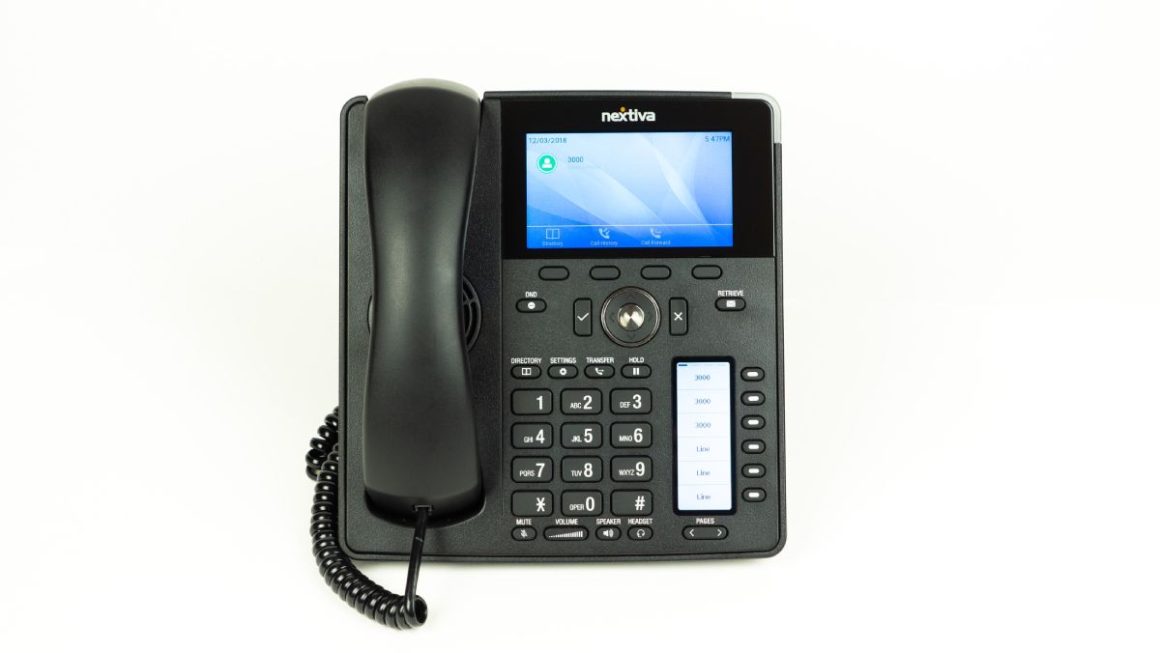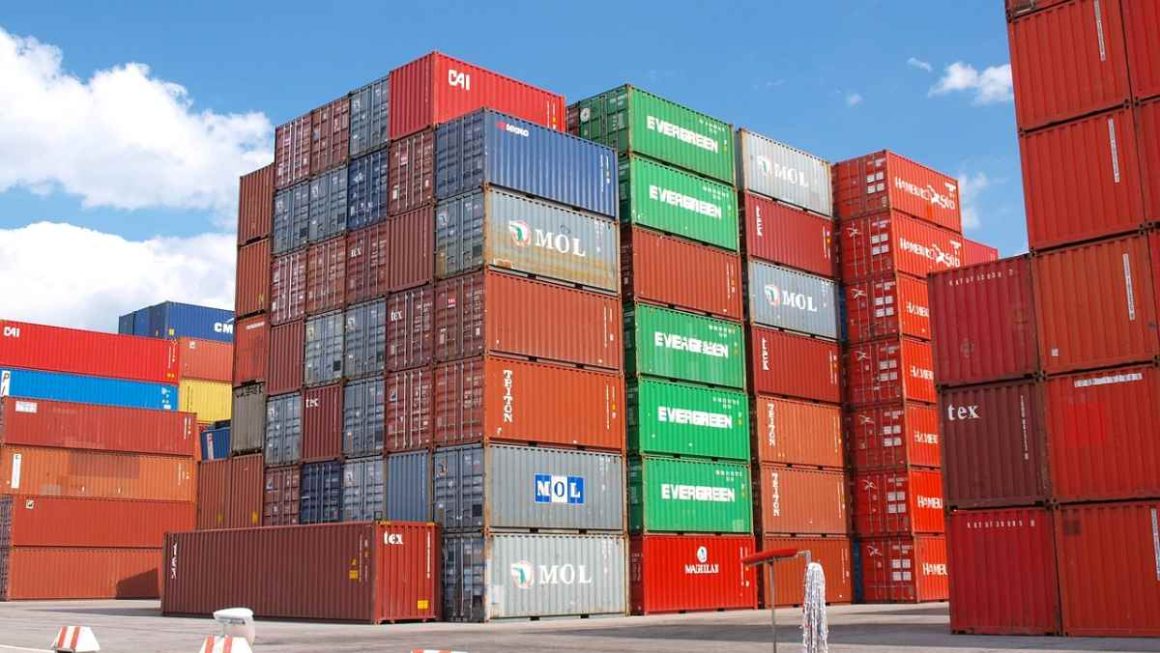In the modern world, there are many opportunities to make a profit when investing money: from bank deposits to the purchase of shares, shares, securities, and other instruments.
There are high-risk options, such as a start-up or ready-made business. Franchising is also a somewhat risky investment, but its profitability is higher than the listed instruments.
What Is Franchising?
Franchising is a particular way of organizing a business.
A franchisee (businessman or company) receives a ready-made financial business model when buying a franchise. The effectiveness of this model has been proven a priori.
The franchisor (owner company) provides comprehensive support and helps with choosing a location for the future facility, selection, and staff training. It is in the franchisor’s interest to develop and promote the business.
The partnership between the franchisee and the franchisor is based on granting a license to use a trademark, management system, business technology with mutual obligations and benefits for its conduct. For a businessman, there are a lot of ready-made solutions here, from technical and organizational (how to organize a business) to marketing (ready-made, proven trademarks, support, promotion, advertising ).
Franchise Selection Criteria
The presence of a permanent customer base testifies to the reliability of the owner company. It is also necessary to make sure that the number of customers increases, and conversely, the reduction in their number should be minimal.
The growth in demand for the chosen field of activity should be continuous over the past time, and the longer, the better.
Differences Between Franchising And Running Your Own Business
Investments. When running his own business, a businessman makes decisions about recruitment, rented premises, and other issues on his own. He invests in what he sees fit. When franchising, these criteria are set by the franchisor.
A franchisee businessman needs to comply with a particular concept that carries additional costs, such as renting a specific area, its location, repairs corresponding to the owner company, etc.
Each action of the franchisee must comply with the prescribed algorithm. There is an advantage to this, say, if all conditions are met, the probability of success is high. But at the same time, there is also a disadvantage, for example, the lack of freedom of choice.
The business plan provided by the franchisor gives a clear understanding of the required investment and expected profit. Presumably, experienced marketers, financiers, and economists have been working on creating a financial model for a long time. The project is based on a wealth of experience and perhaps on forecasting.
There are no clearly calculated items of expenditure payback periods when running your own business. Empirical decisions can lead to a quick collapse, especially in a highly competitive environment.
When choosing a franchise, you need to clearly understand what investment goals are pursued and how much investment is possible. You should also take into account the time resource available to the franchisee.
An entrepreneur who acquires a franchise also receives certain obligations. He must make regular payments to the franchisor – a predetermined percentage of the profits received.
The entrepreneur must also pay a one-time fee for buying a franchise and entering the market. And of course, the franchise buyer must adhere to the established brand concept and strictly follow the standards for working with clients set by the franchisor.




